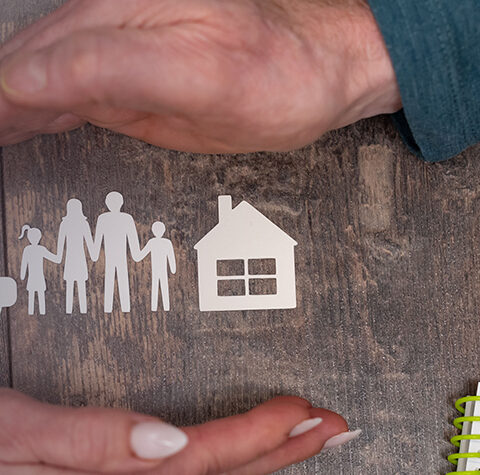
Home Equity Special
Take advantage of our limited time offer of rates as low as 5.99% APR* and no closing costs.

TruLync Medicare Advisors
When it comes to Medicare, one size doesn’t fit all. What works for your neighbor may not be the best fit for you. SouthPoint has partnered with a TruLync Medicare Advisors licensed sales agent to help you understand your needs and explain your Medicare options.

Chart Your Financial Voyage
Open a new membership savings & premium checking before May 4, 2024 for you chance to win a travel vacation of your choice*!

Member Shred Day
Saturday, May 4 - Waconia: 9 a.m. - 12 p.m., Hutchinson: 9 a.m. - 12 p.m. | Monday, May 6 - Springfield: 8 a.m. - 10 a.m. | Sleepy Eye: 10:30 a.m. - 12:30 p.m. | New Ulm: 1 p.m. - 3 p.m., Tuesday, May 7 - North Mankato: 8 a.m. - 10 a.m. | St. Peter: 10:30 a.m. - 12:30 p.m.

1.5% cash back. You earned it.
Earn 1.5% cash back on every purchase you make with SouthPoint’s Visa Rewards Credit Card, PLUS enjoy a low interest rate that SPFCU is known for.

Love My Credit Union Rewards
Enjoy exclusive savings every day through Love My Credit Union Rewards. Members have saved nearly $2 billion with Love My Credit Union Rewards!
We’re known for our friendly personal touch. See what others are saying about SouthPoint.
Everyone is so professional and friendly - they do all the work, I only had to answer questions. I have now worked online & in person with SouthPoint. I always walk away feeling good.
— SouthPoint Member
SouthPoint has always been very professional & their experience and knowledge has been superior. I was amazed at how easy it was to apply by phone & how quickly everything was done with us living quite a distance from SouthPoint. We love doing our financial business with SouthPoint!
— SouthPoint Member








